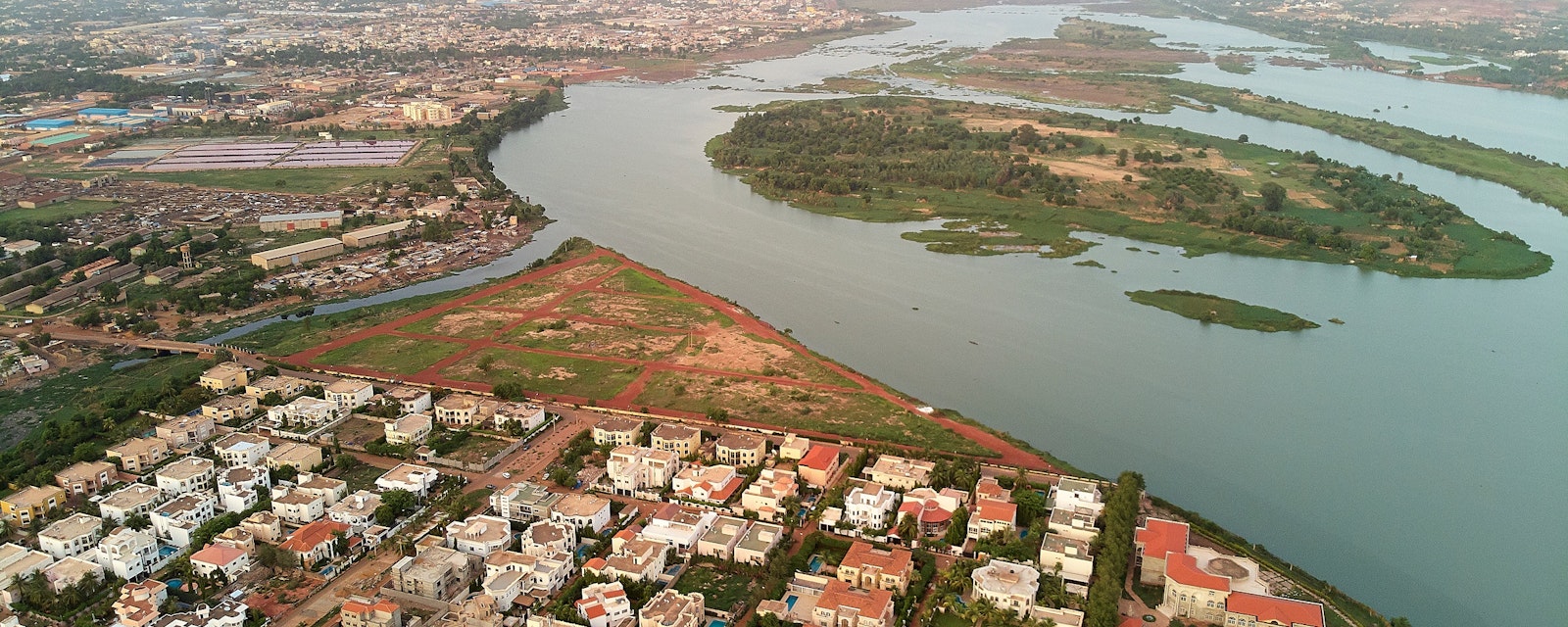The second coup d’état in less than a year is yet another major setback for international efforts to contain the spread of jihadist militants across the Sahel, following last month’s coup d’état over in Chad.
The episode showcases, once again, the dilemma international actors, led by France, are faced with: by providing a degree of security, they enable local army officers to focus their energies on seizing political power. While the immediate impact may be limited, the political limbo in Bamako certainly does not help to contain the ongoing proliferation of jihadist groups from Mali into Burkina Faso and Niger, and potentially further south into Cote d’Ivoire, Ghana and Nigeria.
On Monday (24 May), President Bah N’Daw and Prime Minister Moctar Ouane were arrested by military officers shortly after announcing a cabinet reshuffle that would have included the dismissal of Defence Minister Sadio Camara and Interior Security Minister Modibo Kone. Both are senior army officers and have been key members of the military junta that had seized power in an August 2020 coup d’etat, but ostensibly handed power to a civilian-led transition government in September. On 25 May, junta strongman Colonel Assimi Goita announced that N’Daw and Ouane had been ousted from office, while suggesting that the transition to civilian rule would go ahead as scheduled, with elections to be held in February 2022.
Faced with a general strike over socio-economic grievances and criticism from the opposition, N’Daw’s government had come under increasing pressure in recent weeks, providing an enabling environment for the junta to strike again without having to fear a local backlash. Yet equally enabling is the fact that international security actors – most notably, France’s operation Barkhane and the UN’s MINUSMA mission – help contain the menace of jihadist terrorist attacks, whilst displaying an acute weakness in their ability to influence domestic politics. This will likely remain the case, even though French President Emmanuel Macron has suggested that targeted sanctions against the junta leaders may now be on the cards – a measure that was conspicuously lacking following the 2020 coup, and an interesting aberration from France’s reaction to the coup in Chad, which it effectively endorsed.
While the international involvement in Mali may have slowed down the proliferation of jihadist insurgent groups across the Sahel, it has by no means halted it. In fact, militant groups are now deeply entrenched in Burkina Faso and Niger, and first incursions have been reported from northern Cote d’Ivoire in recent months. While reports of collaboration with Nigeria’s homegrown Islamist insurgent groups remain to be substantiated, porous borders and ill-equipped and trained security forces across the region provide a fertile ground for jihadist groups to continue their expansion further south.




